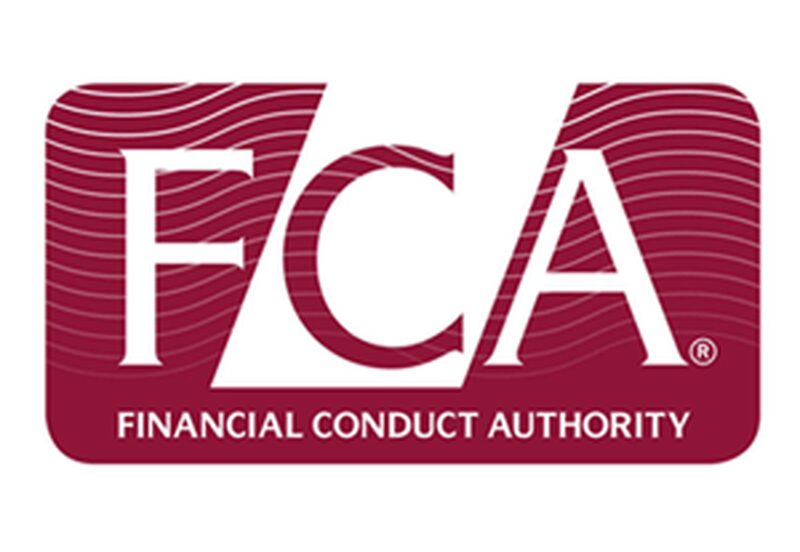21 April 2017
Creating cultural change in the financial services sector

When the Banking Standards Board was set up a few years ago, it felt like a limp response to the cultural crisis that had infected Britain's banking sector.
Its admirable mission was to raise standards and restore trust in our banks. But to achieve this task, it was given no teeth - no ability to impose sanctions on those who performed badly or who didn't want to take part. In fact, it began with just seven members - and while it has now climbed to 35, there are still some notable omissions from the list (TSB, Yorkshire Building Society - to name two).
I struggled to see how it could have any impact.
A unique lense
But when it published its first report a few weeks ago, I began to change my view. Through staff surveys of 22 of the largest banking organisations, the BSB has provided a unique lense on the cultural state of our banks today.
And while there's plenty to be positive about, it's clear that the work is far from over.
The stat that caught my eye was that 58% of staff said that they feel under considerable pressure to perform at work, indicating that the high pressure sales culture has not changed in many organisations. Over a quarter of staff said the pressure was so bad, it was affecting their health.
This remains banks' biggest challenge. How do you incentivise your staff to perform well, without putting so much pressure on them that they feel the need to do things that deliver poor outcomes for customers?
Back in the bad old days of PPI mis-selling, sales staff were under such great pressure that they would sell the stuff to friends and family members just to make their targets. I think we've come some way since then - but most organisations can't resist starting their strategy with the numbers. This year we made X, so next year we need to make X + 10%.
These are the targets handed to senior managers, whose pay depends on hitting them. Down the tree, individuals are assessed on "balanced scorecards" which look at a range of factors - but which often include financial targets (implicitly if not explicitly).
Slow progress
The BSB report also includes some clues around why change is so slow. Almost 60% of staff reported that their company's internal processes were a barrier to their continuous improvement. In short - even when staff in banks are motivated to change, the lack of investment in systems, and the internal bureaucracy, stops them from doing so.
Working as a critical friend, the BSB perhaps has the best chance of helping to address some of these problems. If it can share learnings from across the sector, and help companies achieve quick wins in terms of cultural realignment, it has the chance to be much more successful than the stick approach of the regulator.
This initial report is just the tip of the iceberg, and there's an opportunity for the BSB to go much deeper and provide even more meaningful data. But it needs to build trust and respect from its members first.
In an ideal world, there should not have been the need for a new body to do this work. The banking sector already has a trade body - several in fact. But these have become entrenched in protecting interests rather than showing the way forward. The BSB's independent governance and clear mission gives it a better chance of success.
What about insurance?
Similar cultural problems sit within the insurance sector - and there is no such initiative there. If the BSB is a success, it could make a considerable difference in the rest of the financial services sector too. Roll on next year's report.



